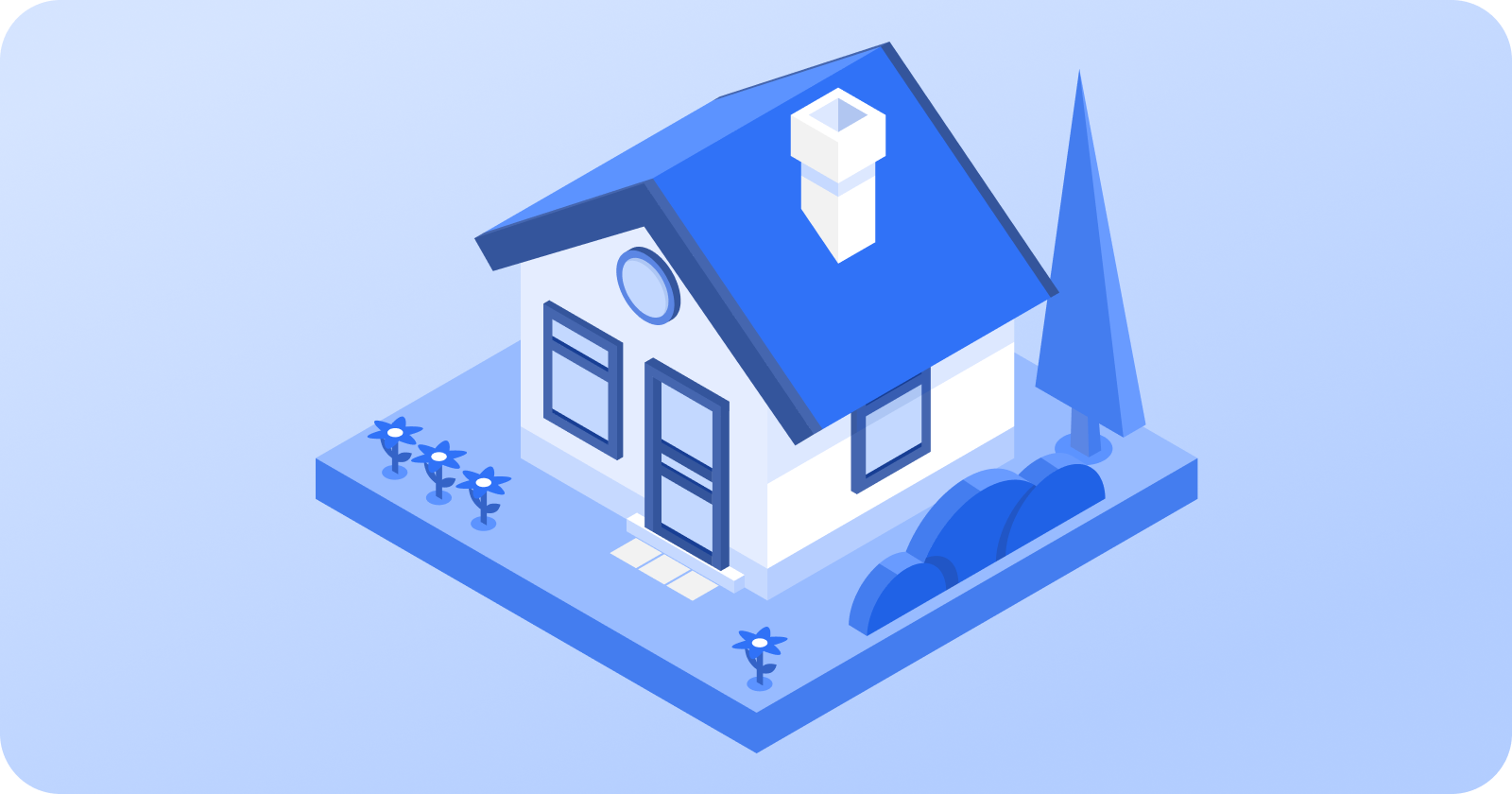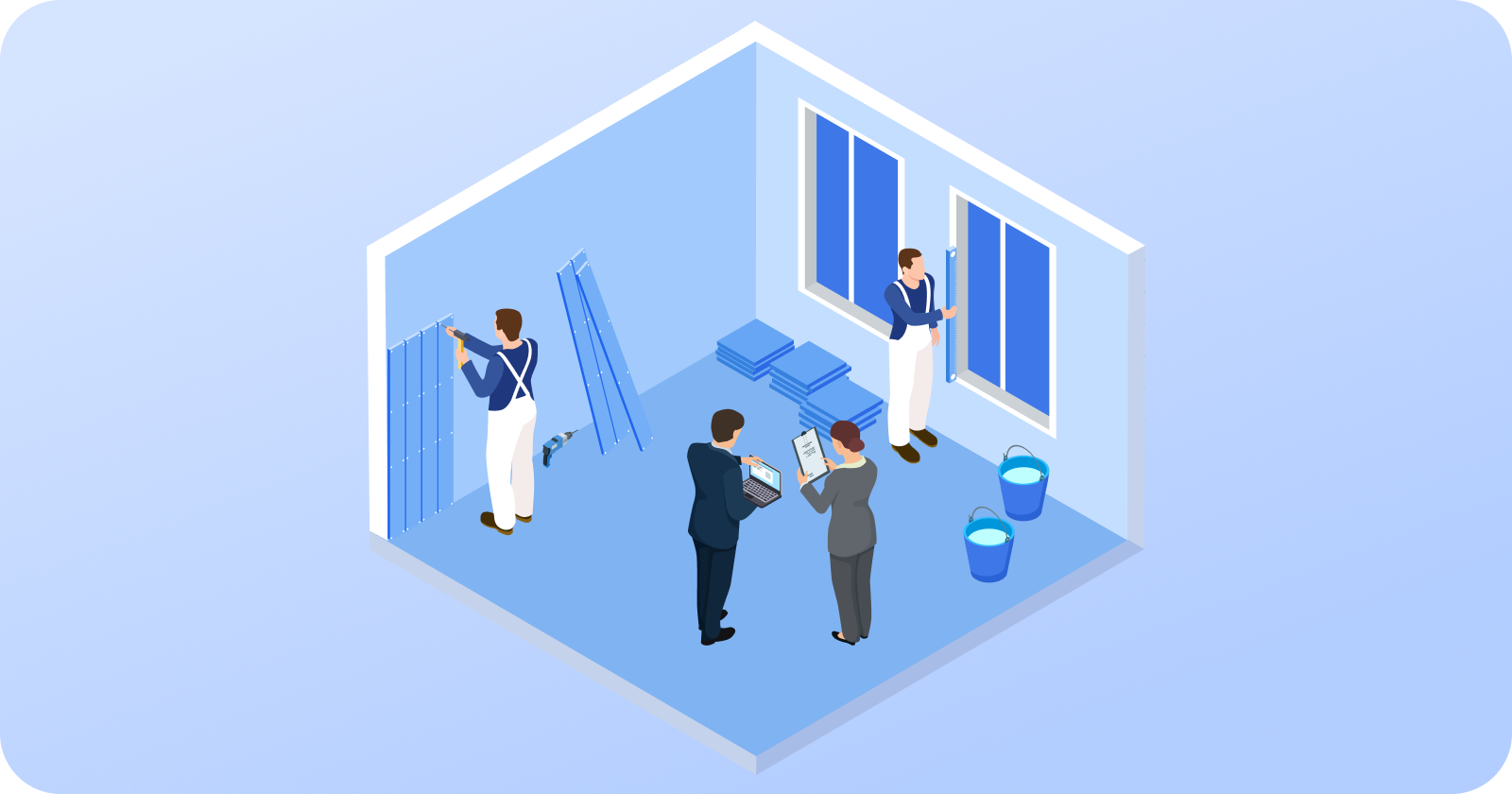Running several rental properties at once can feel like managing a mini enterprise – every decision matters, and the margin for error is thin.
The challenges can feel endless. From coordinating maintenance requests and ensuring timely rent collection to navigating tenant communications and staying compliant with regulations, each property adds its own set of complexities, turning what might seem like a straightforward investment into a multifaceted operation.
But here’s the good news: with the right strategies and tools, it’s possible to streamline your operations, enhance tenant satisfaction, and boost your bottom line.
In this article, we’ll explore practical approaches and insights to help you manage multiple rental properties more effectively, ensuring efficiency and profitability.
How to Manage Multiple Rental Properties?
1. Embrace Property Management Software
Leveraging technology is crucial for managing multiple properties effectively. Property management software can centralize operations, offering features such as:
- Tenant and lease tracking: Maintain organized records of tenant information and lease agreements.
- Maintenance management: Schedule and track maintenance requests to ensure timely resolutions.
- Financial reporting: Monitor income and expenses, generate reports, and simplify tax preparation.
Property managers often choose platforms like AppFolio, Buildium, and Rentec Direct. These tools can automate routine tasks, reduce errors, and save time.
2. Standardize Processes Across Properties
Consistency is key when managing multiple properties. Develop standardized procedures for:
- Tenant screening: Implement uniform criteria to evaluate prospective tenants, ensuring fairness and compliance with fair housing laws.
- Rent collection: Establish clear policies for rent payment methods and due dates.
- Maintenance requests: Create a streamlined process for tenants to report issues, and set expectations for response times.
Standardization minimizes confusion, enhances efficiency, and provides a consistent experience for tenants.
3. Delegate and Build a Reliable Team
As your portfolio grows, delegating tasks becomes essential. Consider assembling a team that may include:
- Property managers: Oversee day-to-day operations and tenant relations.
- Maintenance personnel: Handle repairs and upkeep promptly.
- Accountants: Manage financial records, budgeting, and tax filings.
Hiring competent professionals allows you to focus on strategic decisions and expansion opportunities.
4. Implement Effective Communication Channels
Clear and timely communication with tenants and team members is vital. Utilize various channels such as:
- Email and text messaging: For routine updates and reminders.
- Tenant portals: Provide a centralized platform for rent payments, maintenance requests, and document access.
- Regular meetings: Conduct periodic check-ins with your team to address issues and align on goals.
Effective communication fosters trust and can lead to higher tenant retention rates.
Renovations Running Over Budget?
Discover the real reasons 75% of multifamily renovation projects miss the mark — and how to fix them.
5. Monitor Financial Performance Closely
Keeping a close eye on your financials ensures the profitability of your properties. Key practices include:
- Budgeting: Set and adhere to budgets for each property, accounting for maintenance, taxes, and other expenses.
- Regular reporting: Review income statements, balance sheets, and cash flow reports to assess performance.
- Expense tracking: Monitor expenditures to identify areas for cost savings.
Utilizing accounting software tailored for property management can simplify these tasks.
6. Stay Informed on Legal and Regulatory Requirements
Compliance with local, state, and federal regulations is non-negotiable. Stay updated on laws about:
- Landlord-tenant relations: Understand rights and responsibilities to avoid legal disputes.
- Fair housing: Ensure non-discriminatory practices in tenant selection and treatment.
- Safety codes: Maintain properties by health and safety standards.
Consulting with legal professionals or joining local landlord associations can provide valuable insights.
7. Plan for Property Maintenance and Upgrades
Regular maintenance is crucial for preserving property value and ensuring tenant satisfaction. Developing a proactive maintenance schedule helps identify issues early and plan necessary upgrades.
To streamline this process, consider utilizing specialized software like RenoQuest. Designed specifically for renovation and maintenance management, RenoQuest offers a suite of features to enhance operational efficiency:
- Comprehensive task management: Create and assign maintenance tasks with automated reminders to keep projects on track.
- Real-time progress tracking: Monitor the status of ongoing maintenance activities, ensuring timely completion and accountability.
- Budget and cost management: Allocate specific budgets to maintenance tasks and track actual expenses against projections to prevent cost overruns.
- Document management: Store all maintenance-related documents, including contracts and photos, in a centralized, secure location for easy access and collaboration.
- Contractor coordination: Manage contractor schedules and availability, ensuring efficient execution of maintenance tasks.
By integrating RenoQuest into your property management strategy, you can enhance the planning and execution of maintenance activities, leading to improved property conditions and tenant satisfaction.
8. Evaluate and Adjust Your Portfolio Strategy
Regularly assess the performance of each property to make informed decisions about your portfolio. Consider:
- Occupancy rates: Identify trends and address factors affecting vacancies.
- Return on investment (ROI): Analyze profitability to determine if properties meet financial goals.
- Market conditions: Stay attuned to real estate market trends that may impact property values and rental demand.
Based on these evaluations, you may decide to acquire new properties, sell underperforming ones, or adjust rental rates.
Conclusion: Make Property Management Easier
Managing multiple rental properties doesn’t have to feel overwhelming. Yes, there are a lot of moving parts – leases, contractors, budgets, timelines – but with the right systems in place, you can turn complexity into clarity.
The key is getting out of reactive mode and into a proactive rhythm. That means having the tools to track what matters, automate the routine, and stay ahead of issues before they turn into costly problems.
That’s exactly why we built RenoQuest.
From real-time budget tracking to contractor coordination and centralized document management, RenoQuest is designed to give multifamily owners and operators full visibility and control – without the spreadsheet headaches.
Want to see how it works? Book a free walkthrough or start your trial and take your renovation and property management game to the next level.


